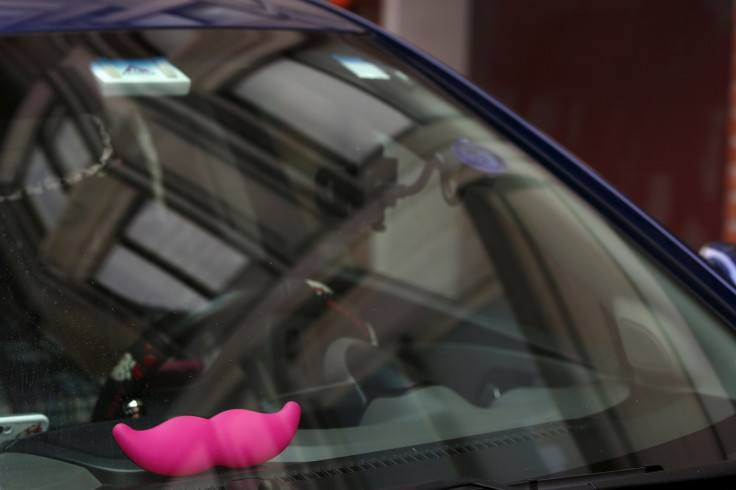Lyft president predicts 'majority' of its rides will be in self-driving cars by 2021
Lyft boss John Zimmer also anticipates that personal car ownership will be a thing of the past by 2025.

Ride-hailing service Lyft's president and co-founder John Zimmer has predicted that self-driving cars will account for a majority of its rides within five years. In a lengthy post on Medium called "The Third Transportation Revolution: Lyft's Vision for the Next Ten Years and Beyond," Zimmer articulates the future of transportation and outlines his company's ambitious vision for the next decade.
"Within five years a fully autonomous fleet of cars will provide the majority of Lyft rides across the country," Zimmer wrote, adding that early versions of these autonomous vehicles have already been in operation in San Francisco and Phoenix. Although Zimmer did not detail how the company plans to achieve that feat in just a few short years, he does outline phases where self-driving vehicles will gradually become more technically advanced.
By 2017, he predicts semi-autonomous cars will be available for Lyft users but they will only be able to drive along fixed routes with restrictions. By 2018, cars will be able to navigate any route but only at a maximum, low-speed of 25 miles per hour. By 2021 or 2022, he says Lyft will have completely autonomous rides.
He also anticipates that personal car ownership will be a thing of the past by 2025, particularly in US urban areas, as more people opt for ride-sharing and networked autonomous vehicles.
"As a country, we've long celebrated cars as symbols of freedom and identity. But for many people — especially millennials — this doesn't ring true," Zimmer wrote.
"We see car ownership as a burden that is costing the average American $9,000 every year. The car has actually become more like a $9,000 ball and chain that gets dragged through our daily life... Every year, more and more people are concluding that it is simpler and more affordable to live without a car. And when networked autonomous vehicles come onto the scene, below the cost of car ownership, most city-dwellers will stop using a personal car altogether."
Zimmer's comments come amid the launch of multiple competing self-driving pilot initiatives and ramp up in autonomous driving technology development. Uber's self-driving taxi fleet began picking up its first passengers in Pittsburgh. Ford CEO Mark Fields revealed that the company plans to sell its own autonomous car by 2025. In August, Singapore startup nuTonomy launched the world's first public trial of a self-driving taxi service.
Earlier this year, Lyft and General Motors formed a partnership with General Motors to develop autonomous vehicles with GM investing a whopping $500m (£383m) in the ride-hailing company.
"Our society is at a fork in the road and whether we take the right path is not inevitable," Zimmer said. "I don't have all the answers, but what I do know is that decisive action must be taken by all of us — business leaders, policymakers, city planners, and citizens — to realize the full potential of this almost unprecedented moment in history."
© Copyright IBTimes 2025. All rights reserved.





















